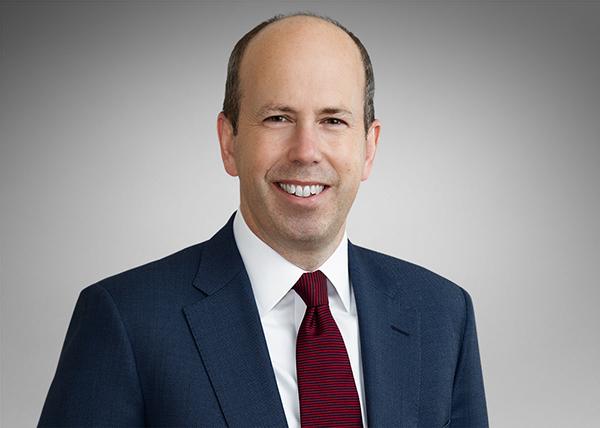The National Law Journal interviewed James Garland about his experience working from home and the recent actions of the DOJ.
Now that it has been four months since offices in D.C. largely closed down and he has been working from home, Mr. Garland says, “Fortunately, our practices have remained busy, even into the pandemic. So we’ve got a lot of matters still chugging along, but it’s definitely been different kinds of work. Everybody’s working remotely now, and that includes both Covington lawyers and also all of our clients, and all of the government. The prosecutors, for the most part, are not going into the office, they’re not able to convene grand juries, and the agents are not able to go out and knock on doors and do the things that agents do. So the usual toolkit of both the investigation and prosecution of white-collar cases, and the defense of white-collar cases—all of it has shifted.”
He discussed the difference between online witnesses interviews rather than being face-to-face, saying, “The witness interviews that we’re doing remotely are almost all for internal investigations and not government-facing. It’s my personal preference, and I think I probably am in the mainstream of white-collar lawyers, that I really don’t like doing government-facing witness interviews without sitting next to the person and being able to sit in a room and prepare with the person face-to-face. My view is that I’ll push back pretty hard on that, if it comes to that, because I think it’s just so important to be able to have that face-to-face interaction for the witness interviews.”
When asked about the DOJ pushing harder on in person witness interviews, he says, “There definitely will come a time. The time has come in civil cases already. Many judges are requiring depositions to go forward remotely. In civil litigation, judges are saying, ‘Yeah I get it that Zoom is bad, but we’re going to go forward.’ I suspect the DOJ will push harder for remote witness interactions, and for all I know they’re doing it already in certain cases that really are pressed, bumping up against statute-of-limitation periods. You may see socially distanced witness interviews.”
When discussing his work stemming from claims of COVID-19 fraud, he says, “We’ve seen a lot of activity and outreach from the government for financial institution clients and government contractor clients, not in the nature of investigations of our clients, but from the angle of: ‘if you are detecting fraud through customers, or borrowers whom you’re rejecting because you think that loan applications are fraudulent,’ just for example, ‘can you tell us or can you let us in on that?’ So that’s more of a collaborative attitude in the outreach. But we’re seeing a lot of that. The kind of COVID fraud that I think DOJ is focused on right now is—I’ll call it sort of consumer-type fraud. It’s not the big ticket Enron-type investigations but rather the smaller cases where bad guys are trying to illegally feed from the government trough.”
Back
Back




